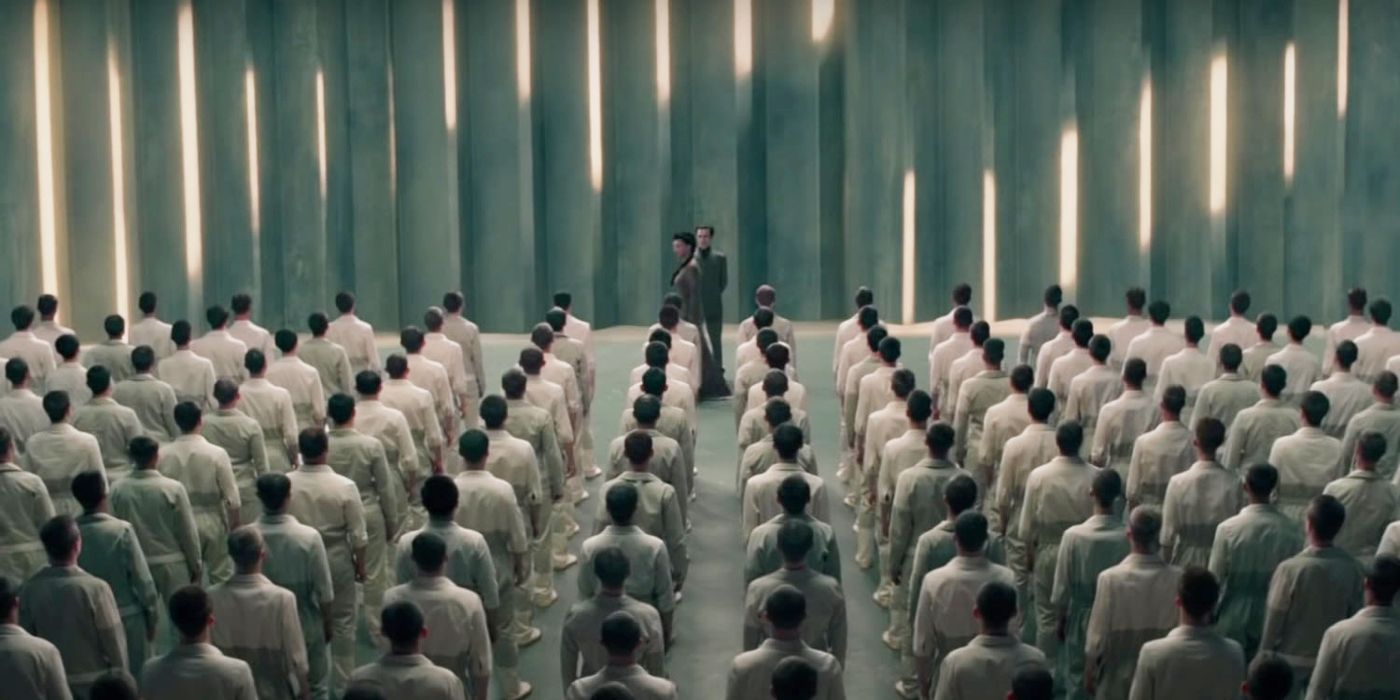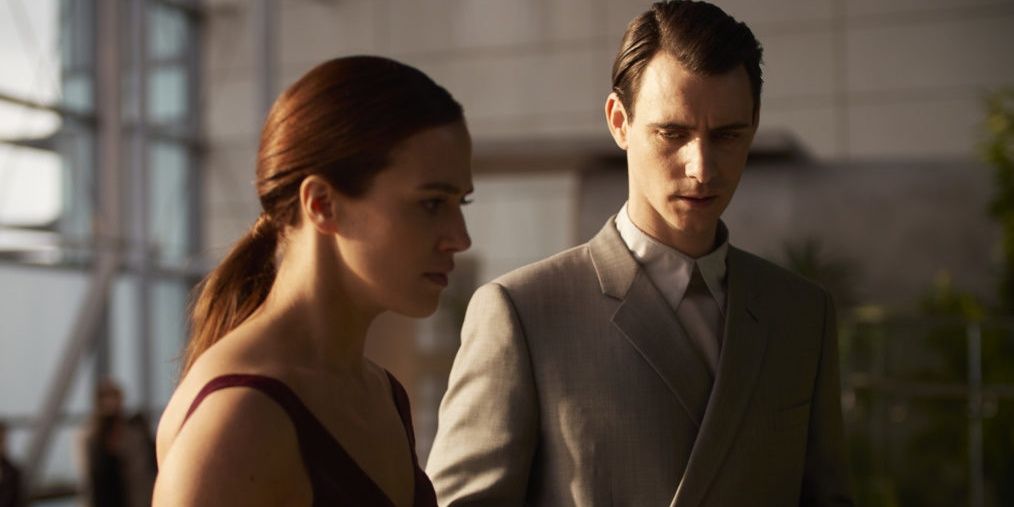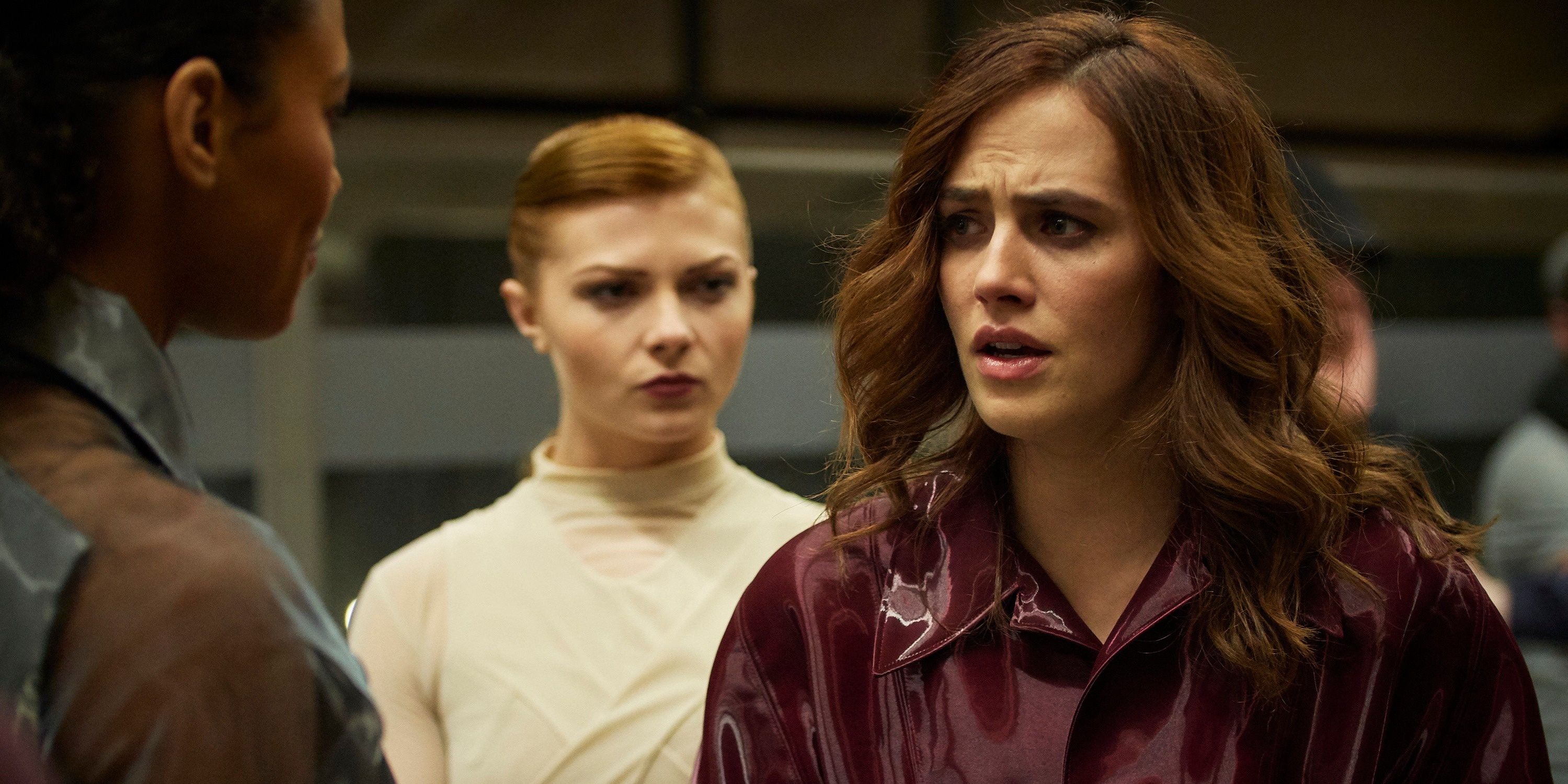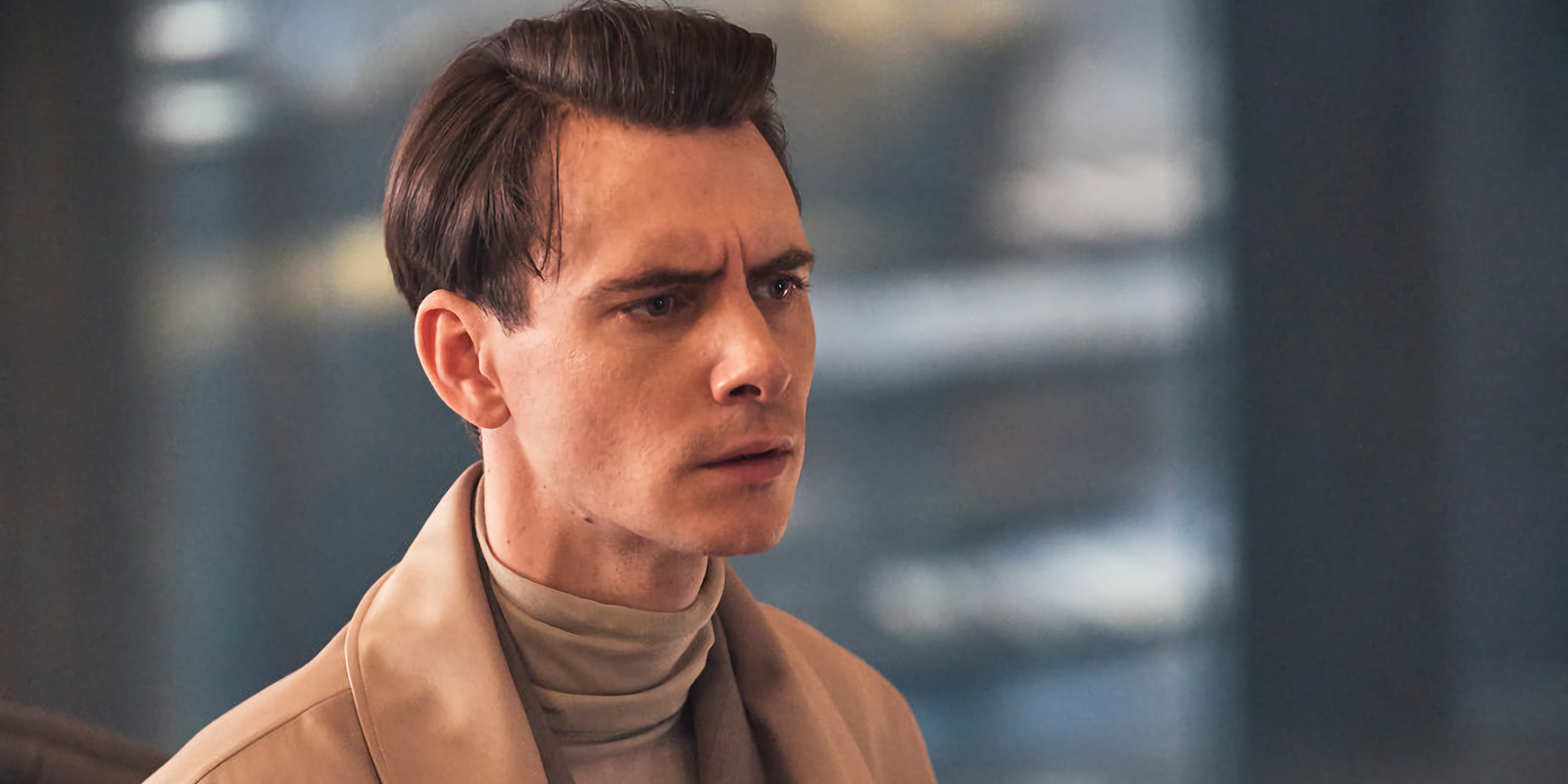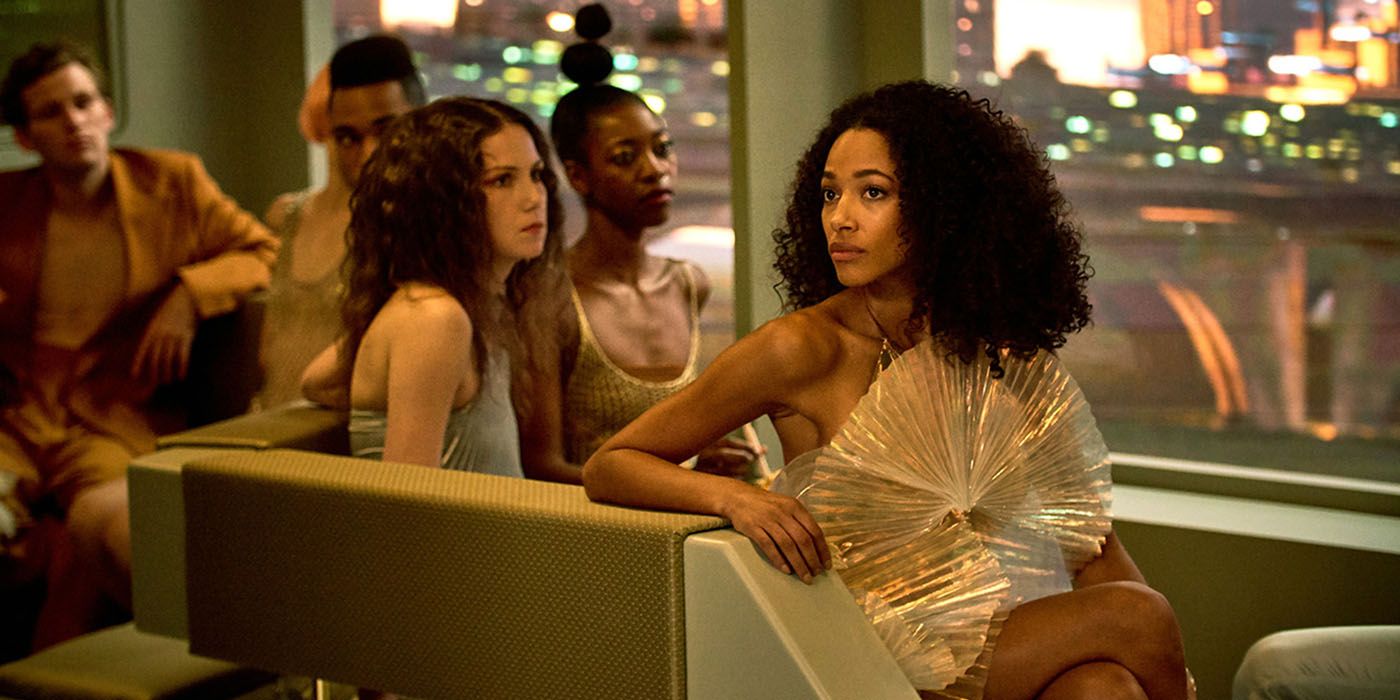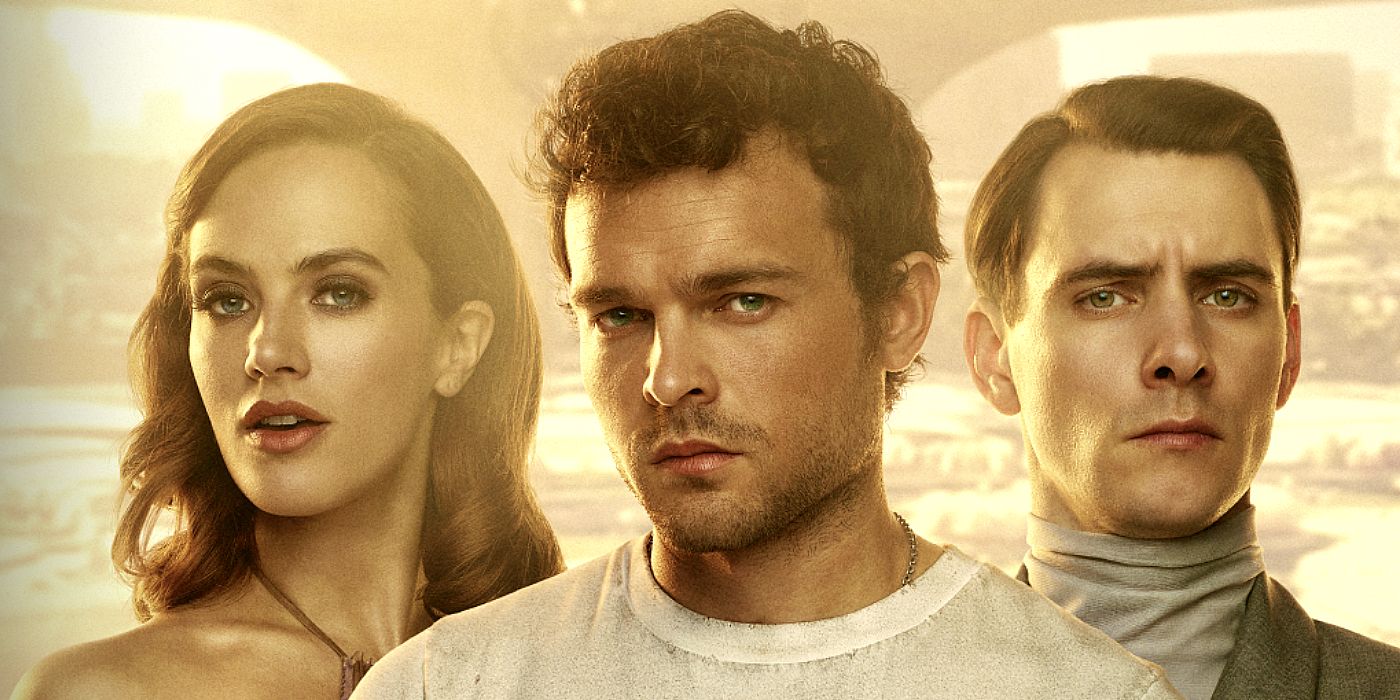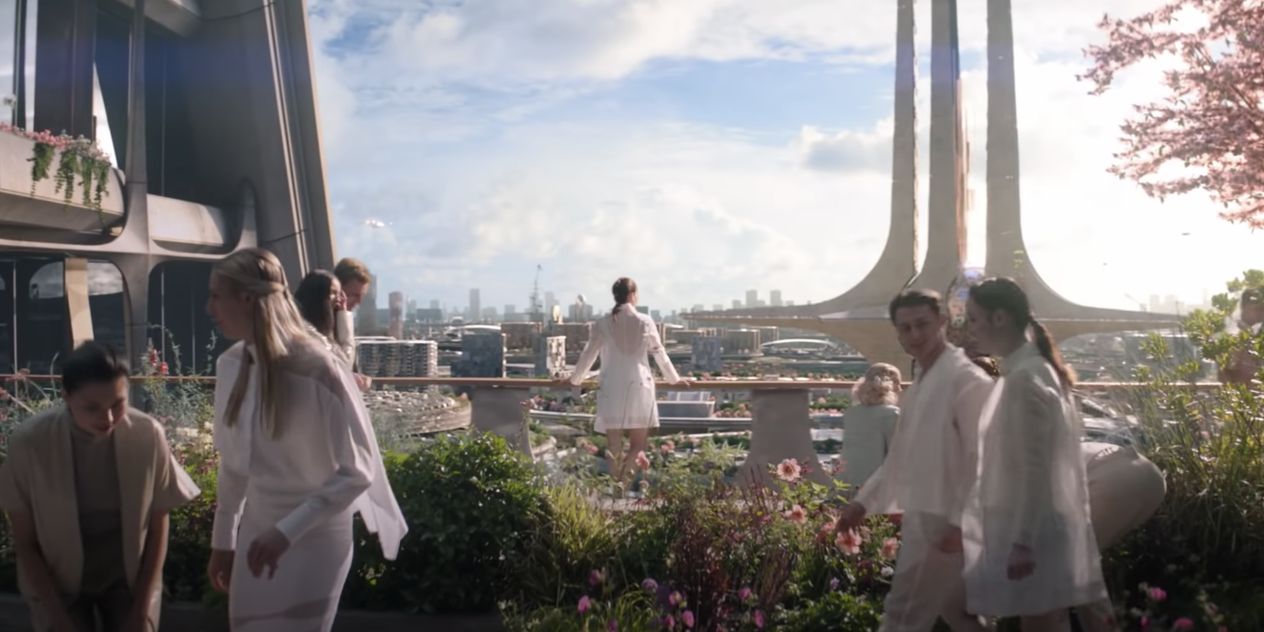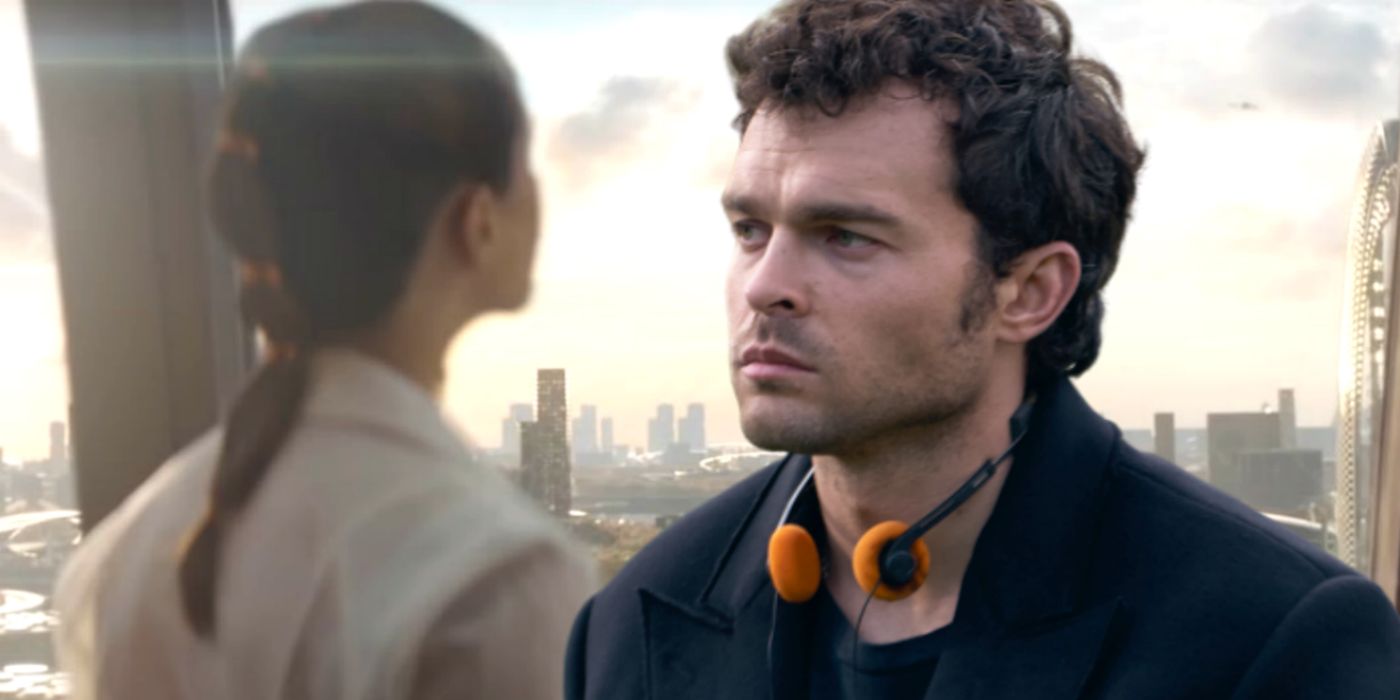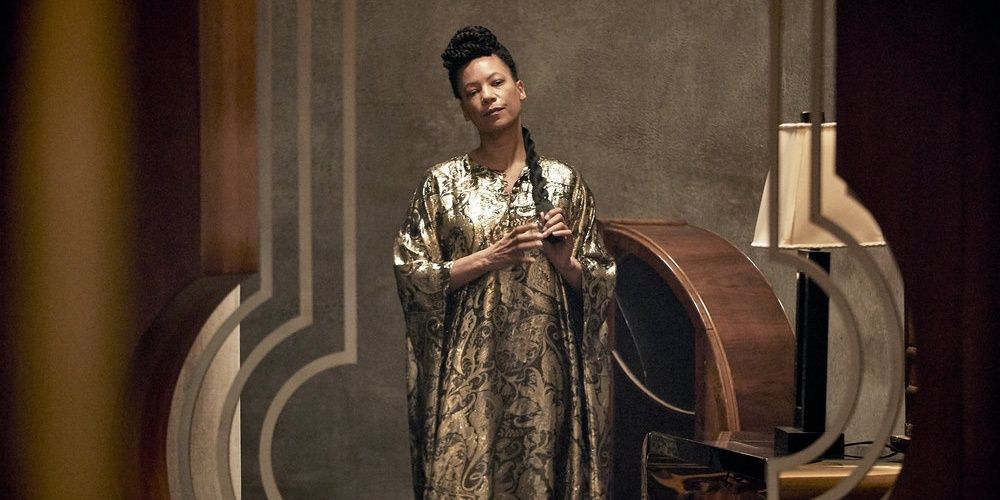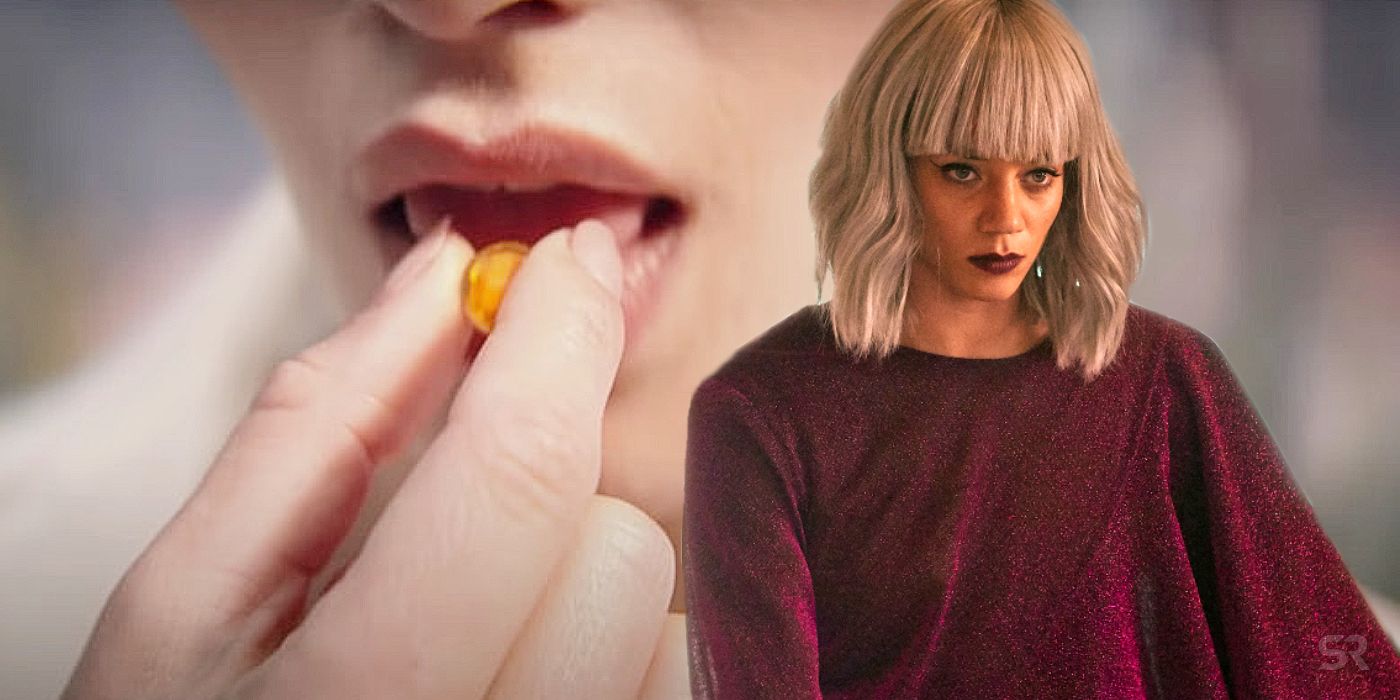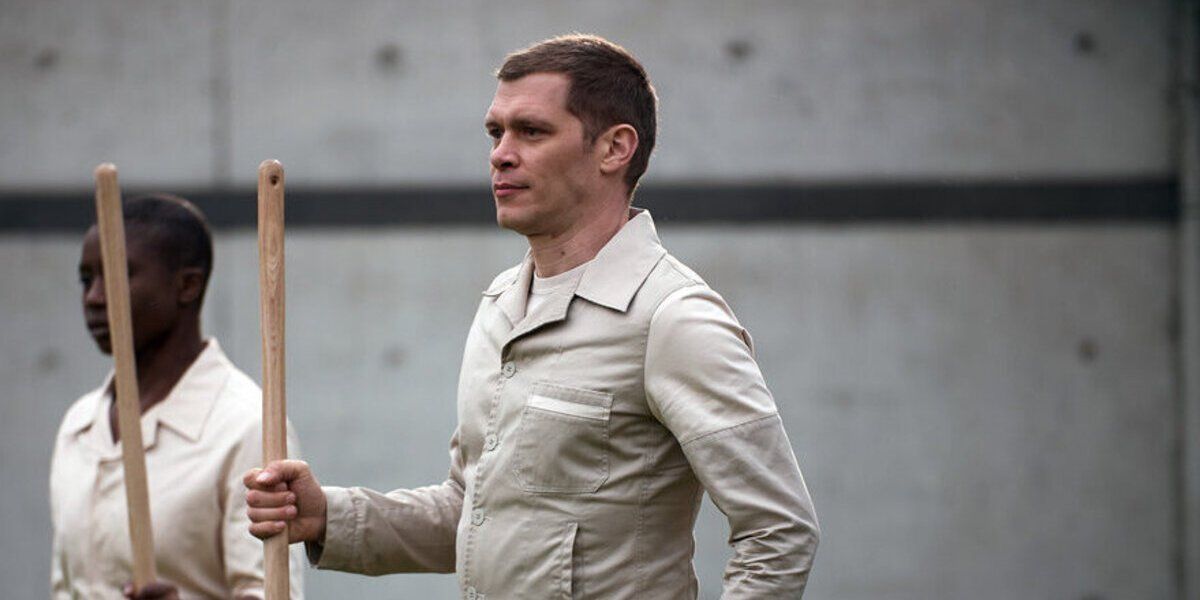Adapting Aldous Huxley’s pathbreaking novel Brave New World for 2020 was an audacious move, especially since so many people have found it so hard to re-imagine the book over the years. Interestingly, the novel that encapsulates the problems of totalitarianism so shrewdly and is so timely and relevant, has struggled to find the right screenplay for television—until of course, NBC actually went ahead and did it.
The show took some liberties to make it more identifiable to modern audiences and brought in some perspectives that weren’t part of the original novel, but stuck to the essence of Huxley’s work. But, what are some of the biggest differences between the book and the show? Let’s find out
The Show Introduces More Drama
Both the book and the show try to explore a world where notions like family and marriage are thought to be divisive, and the society in Brave New World upholds a culture that is free about how people should mingle with each other, so there are no misgivings. Bernard stands out because he is not totally comfortable with how transactional and devoid of personal boundaries the sex gets. Even Lenina feels the same way, which is why her decision to sleep with Henry for four long months raises some eyebrows.
But, in the book, these oddities are mostly depicted subtextually, in a subtler manner, with some clever plot devices. On the show, the makers flesh out the drama between the characters, the tensions are more pronounced, the focus on Bernard and Lenina’s inabilities to adapt are made out to be a big deal.
The Show Gives Lenina An Intriguing Trajectory
In the book, Lenina’s character came off as pretty one-dimensional; she was interesting, no doubt, but there were never any answers to why she did what she did. Huxley did not go into a lot of details trying to establish her personal growth.
The show fixes this by making Lenina one of the most nuanced people on the show who’s humane and sensitive and is individualistic. She also identifies how dangerous Indra could be pretty early on in the show and starts to undermine in one way or another.
NBC's Bernard Is A Misfit, Unlike The Novel
Huxley’s fiction never clearly set someone up as the hero or the villain. However, it became very clear in the novel that Bernard, in spite of not being physically gifted, was being drawn out as a leader. Though the other Alphas made fun of him and he never seemed to get a lot of respect, the novel’s Bernard was never really depicted as an underdog, but rather as someone who’s devious and manipulative.
The show, perhaps to make the viewers connect with Bernard, makes him out to be an emo sufferer who just doesn’t seem to fit in, but, in the book, Bernard was a shrewd political maverick who could maneuver people for his own selfish gains.
The Novel Did Not Have The Supercomputer Indra
Perhaps to add a Big Brother-like effect, or to resemble some sort of a creepy 24/7 reality TV show, the show introduces a supercomputer named Indra which lets everyone monitor everyone else.
This was a means of demanding total conformity and helped the leaders make sure that no one was making their own rules. The novel never had the concept of a supercomputer, but it’s possible that makers added it to the show to indicate how uncomfortable and creepy the set-up was, so viewers could imagine themselves in the shoes of the characters
Bernard’s Priorities
A big difference between the book and the show would be how they approached Bernard’s endgame and his ulterior goals. In the novel, Bernard is a rebel who does not fit into the structure and wants to bring about a distinctive collapse of the system, which he does not seem comfortable with. But, it is later revealed quite stealthily that Bernard doesn’t want to topple the system at all, but actually wants to climb it so the elites would accept him, kind of like Dan Humphrey from Gossip Girl, who was always positioned as an outsider but wanted nothing more than to fit in.
In the novel, this becomes very clear as the story progresses, but, in the show, this revelation is quite clumsily unraveled, perhaps to sustain the element of mystery, but a bit more clarity would have helped Bernard’s arc.
The Show Bypasses The Problematic Reservation Arc
In the show, Savage Lands is a quirkily-designed amusement park where "workers" stage cheap renditions of trailer park plays as a reminder to New Londoners as to how different and savage their life would be without Indra’s technology and without their caste system. This is a way of enforcing a dictatorial order where people have to agree on how great the government is.
But, the novel featured a very different kind of amusement park where World State citizens could go to an actual Native American reservation and just look at indigenous residents going about their day. This would have made for a really problematic storyline, and the makers obviously did away with it.
John Is Problematic In The Book
Huxley creates John as a nuanced and rather misogynist figure who may be quoting Shakespeare but holds outdated views about women, but the show actually positions him rather differently. His motives still aren’t clear, but he’s not exactly sketchy or an antagonist. Plus, the story of how he fell for Lenina is also very different. In the show, he sees Lenina pick up a dead bird and kind of instantly falls in love with her, but the book never has any such swaying moments.
Mustapha Mond’s Depiction
The leader of the new world Mustapha Mond is a man in Huxley’s novel, but, in the show, the role is played by Good Omens star Nina Sosanya. Though the figure is portrayed as complex and thought-provoking in both the book and quite self-contradictory, the show’s Mustapha gets a timely update.
In the show, Mustapha wants to create a totalitarian society, but she is not a modernist in spite of being a great connoisseur of history and art. So, she naturally develops a tricky relationship with Indra’s AI programming because she doesn’t completely understand its powers and is quite afraid of it.
Helmholtz’s Portrayal
Helmholtz has been reimagined in the show as Helm and both in the book and the show, her perspective provided a bird's eye view into the thinking of the society. She is the one who invented the ‘feelies’ which is a multi-sensorial movie-going experience, so she’s an innovator in both the novel and show.
But, her distaste for the society is much more clear on the show. Hemholtz believes that she’s too forthright and transparent for their world, which is why, in spite of not seeing eye-to-eye with Bernard, somewhere they share a kinship.
In The Show, CJack60 Is A Pathbreaker
In the show The Vampire Diaries star Joseph Morgan's character CJack60 is an Epsilon who doesn’t exactly rise up in revolt but starts thinking "above his station," which disrupts the established societal structure. This is an original character that wasn’t a part of the novel, and he essentially introduces an outsider’s perspective into the show, a reality check for the viewers as to how the society is perceived by people who are not the elites. But, most importantly, Morgan’s character showcases the class discrimination that exists within the society that affects so many lives but is not addressed by the alphas.

